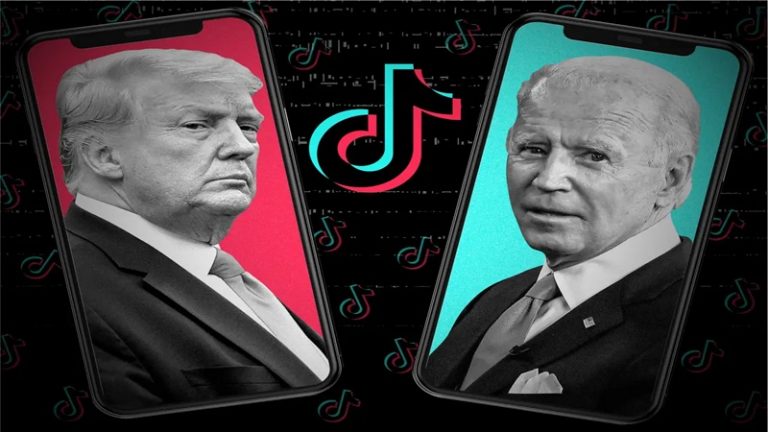
TikTok, the popular short-form video app owned by Chinese tech firm ByteDance, has filed an emergency motion in a U.S. federal court to block a looming ban scheduled to take effect next month.
The filing, made late Sunday, seeks an injunction to provide the U.S. Supreme Court adequate time to review the case and allow the incoming administration of Donald Trump to evaluate the implications of the ban.
In the court filing, TikTok and ByteDance stressed the importance of this case for public interest, stating: “The public interest favors providing sufficient time for the Supreme Court to conduct an orderly review process, and for the incoming Administration to evaluate this exceptionally important case.”
Register for Tekedia Mini-MBA edition 19 (Feb 9 – May 2, 2026): big discounts for early bird.
Tekedia AI in Business Masterclass opens registrations.
Join Tekedia Capital Syndicate and co-invest in great global startups.
Register for Tekedia AI Lab: From Technical Design to Deployment (next edition begins Jan 24 2026).
The legal maneuver appears as a last resort for the embattled app as the deadline to implement the federal appeals court ruling that upheld the government’s order for ByteDance to divest TikTok’s U.S. operations nears. Tekedia earlier reported that this ruling left TikTok with two stark options: escalate the case to the Supreme Court or rely on President Donald Trump to delay or overturn the ban.
With the emergency motion, TikTok appears to be pursuing both paths, though it remains unclear if Trump will indeed “save” the app, as he previously indicated.
Background of the Ban on National Security Concerns
In 2020, the Trump administration pursued a ban on TikTok over concerns that its ownership by ByteDance poses a national security threat. Officials allege that the Chinese government could exploit the platform to access sensitive data on millions of American users, a claim TikTok has denied. In response, the administration issued executive orders to ban the app unless ByteDance divests TikTok’s U.S. operations.
To comply, ByteDance entered negotiations with American companies, including Oracle and Walmart, to create a U.S.-based entity, TikTok Global. While a preliminary agreement was reached in late 2020, the deal was never finalized until Trump left office.
In 2022, US lawmakers initiated legislation that will force TikTok to sell its US operations to American companies. In April 2024, The U.S. Senate passed the bill mandating ByteDance, the parent company of the popular social media platform, to divest its ownership within 270 days or risk losing access to the lucrative U.S. market.
The bill, christened the “Protecting Americans From Foreign Adversary Controlled Applications Act,” sailed through the Senate with a resounding 79-18 vote, reflecting bipartisan concern over potential national security risks posed by Chinese-owned technology companies operating within U.S. borders. It was swiftly signed by President Joe Biden, who retains the prerogative to extend the divestiture deadline by up to 90 days if significant progress toward a sale is underway.
Fighting for survival, TikTok went to court. TikTok users also went to court to challenge the government’s move, citing the First Amendment.
Court of Appeal upheld the Judgment to Sell
On Friday, the U.S. Court of Appeals for the District of Columbia upheld the government’s divestiture mandate, rejecting TikTok’s argument that the move violated constitutional protections, including freedom of speech. The ruling effectively left TikTok with two choices: appeal to the Supreme Court or await intervention from Trump.
While TikTok is moving forward with its Supreme Court strategy, the company’s reliance on Trump is believed to be a calculated gamble. Although the president-elect had signaled a willingness to “save TikTok,” saying, “I’m for TikTok because you need competition”, the Court of Appeal ruling has significantly minimized what he can do to save the app.
Experts speculate that Trump may adopt a less adversarial approach, focusing on regulatory oversight rather than an outright ban. However, any such action would require time and the court’s backing or possible amendment of the law that legitimatized the ban.
Some analysts suggest that TikTok could get a reprieve if Trump considers it as a bargaining chip in broader U.S.-China trade negotiations.
However, while TikTok’s emergency motion aims to buy time, the company is operating under a tight deadline. Should the Supreme Court decline to hear the case or Trump fail to intervene, ByteDance may be forced to divest its U.S. operations, a move that could drastically alter the app’s trajectory.



